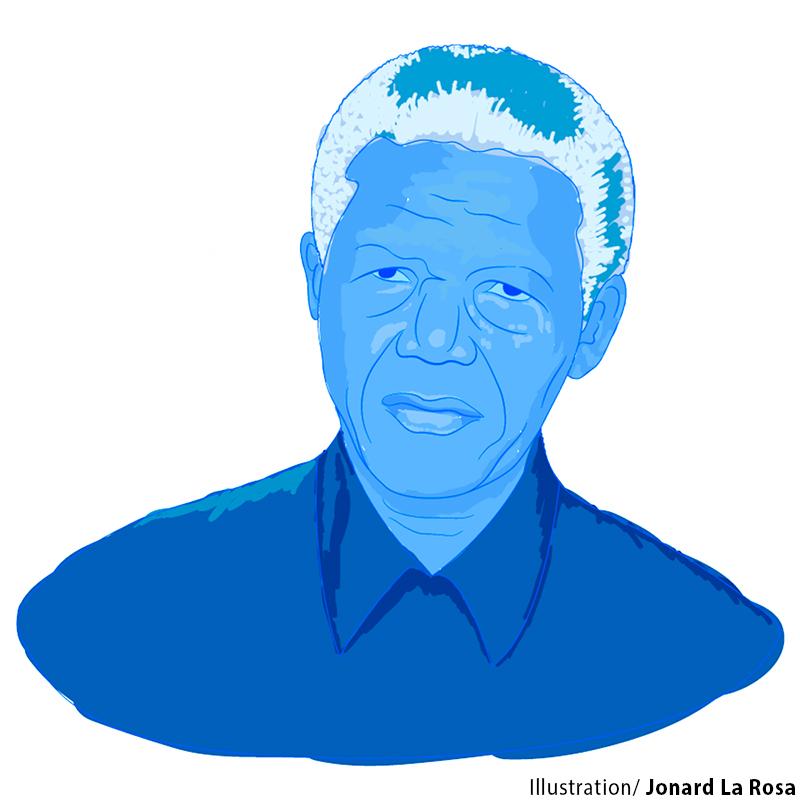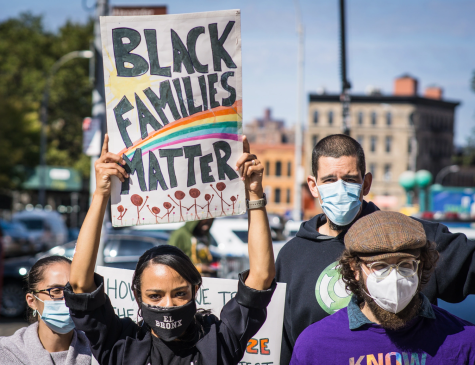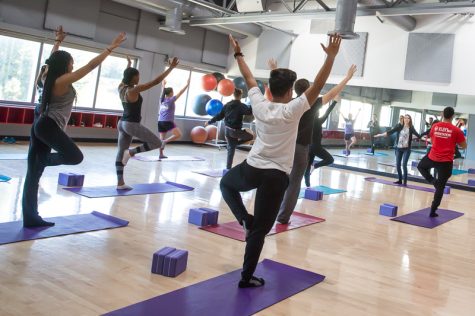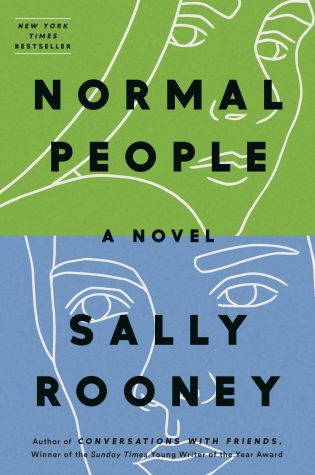Mandela’s Significance Lost on Some Members of Society
December 12, 2013
When Nelson Mandela died on Dec. 13 at age 95, I was immediately in mourning. After all, not only was he the first black man ever to be elected president of South Africa, he was in prison for 27 years because of his movement to end apartheid, he forgave those that imprisoned him and went as far as having dinner with his jailer. He was also the one significant force that brought apartheid to its knees, ending the oppression of thousands of black South Africans.
So, when I logged on to my Facebook account to share my grief with my network of over 500 friends of different ages, walks of life, social classes, educational backgrounds, occupations and countries, I was shocked to see only a handful of posts about Mandela.
Just a few days before, Paul Walker, the actor most notable for his role in the “Fast and The Furious” series, died from a reckless driving accident and received 10 times more comments and status updates.
First, I must make clear that I am not suggesting that the unfortunate deaths of Walker or Mandela should be compared. Nor do I think one man’s death is more important than the other.
There is no favoritism in death. Everyone is someone’s son, daughter, father, sister, brother and each one of us are important in life and in death.
What I am pointing out rather, is the lack of attention paid to a man of significant contributions to social justice, compared to the attention given to a movie star.
Erin Holst, a grade school teacher in San Mateo, Calif. was shaken when her student told her that the actor Morgan Freeman had passed away only to find out that the student had confused Freeman with Mandela because of his portrayal of Mandela in the movie “Invictus,” released in 2009.
Our society has put so much emphasis on popular culture, entertainers and movie stars that we no longer recognize the efforts of humanitarians and people’s contributions to social causes.
Luckily there are journalists and people who feel the same way I do.
Recently, the BBC was criticized for covering the death of Mandela “too much.” The Huffington Post UK reported that the BBC received over 1,350 complaints after a rerun of a popular show “Mr. Brown’s Boys” was interrupted by ongoing coverage about Mandela.
In response, the BBC news director, James Harding, defended the coverage by telling the BBC Newswatch program, “The decision-making is one around the significance of Nelson Mandela. Nobody needs a lecture on his importance but we are probably talking about the most important statesman, the most significant statesman, of the last 100 years, a man who defined freedom, justice, reconciliation, [and] forgiveness. The importance of his life and marking his death seems extremely clear to us.”
Even in death Mandela is teaching us a lesson we should have learned long ago; one that we should carry forward like all the others he provided.
















